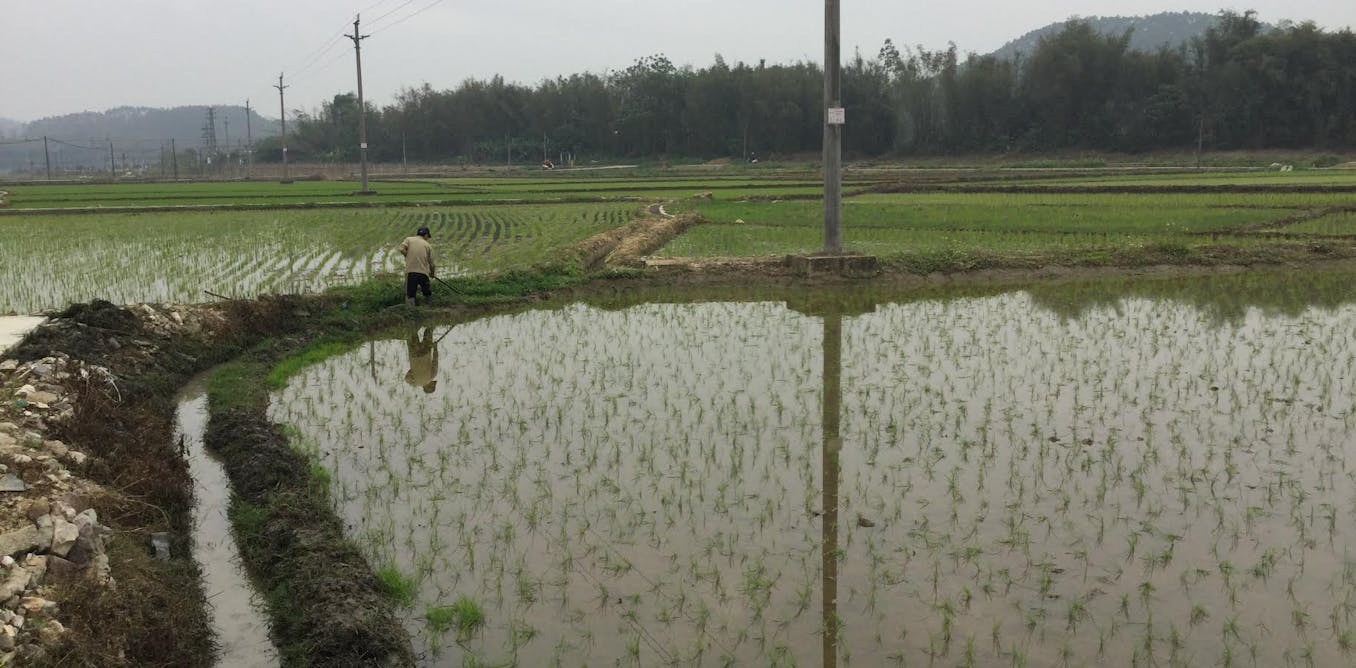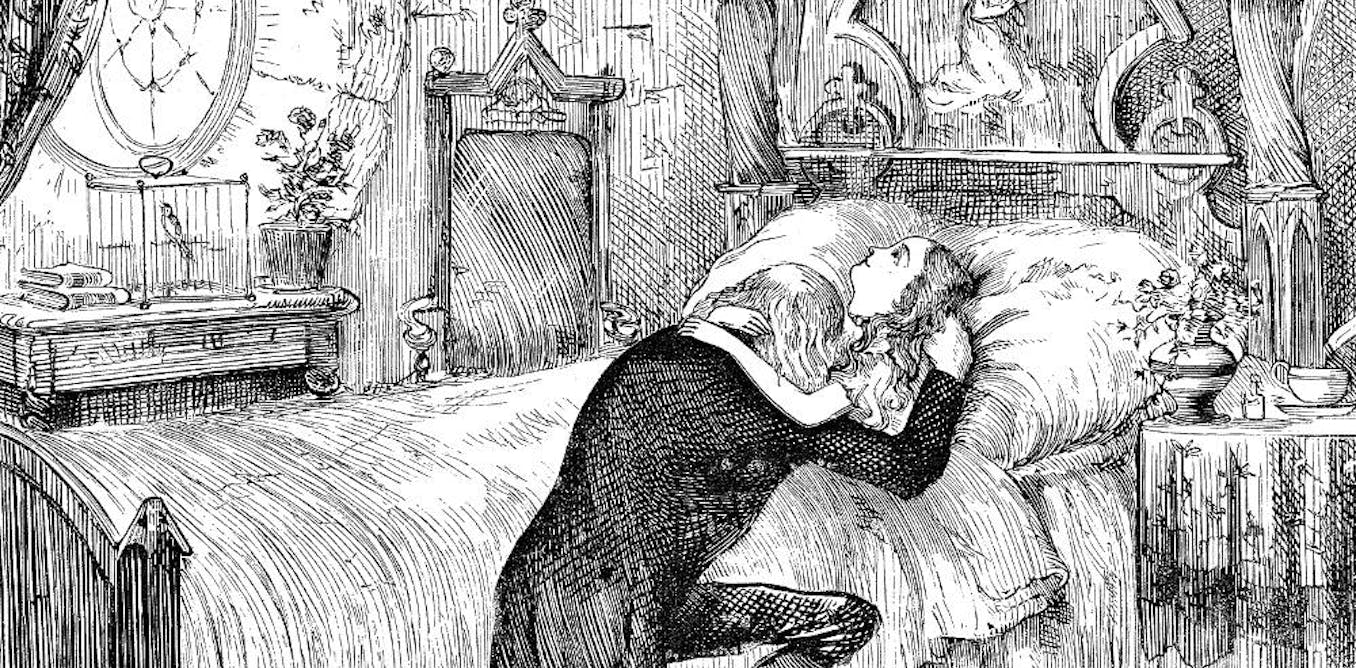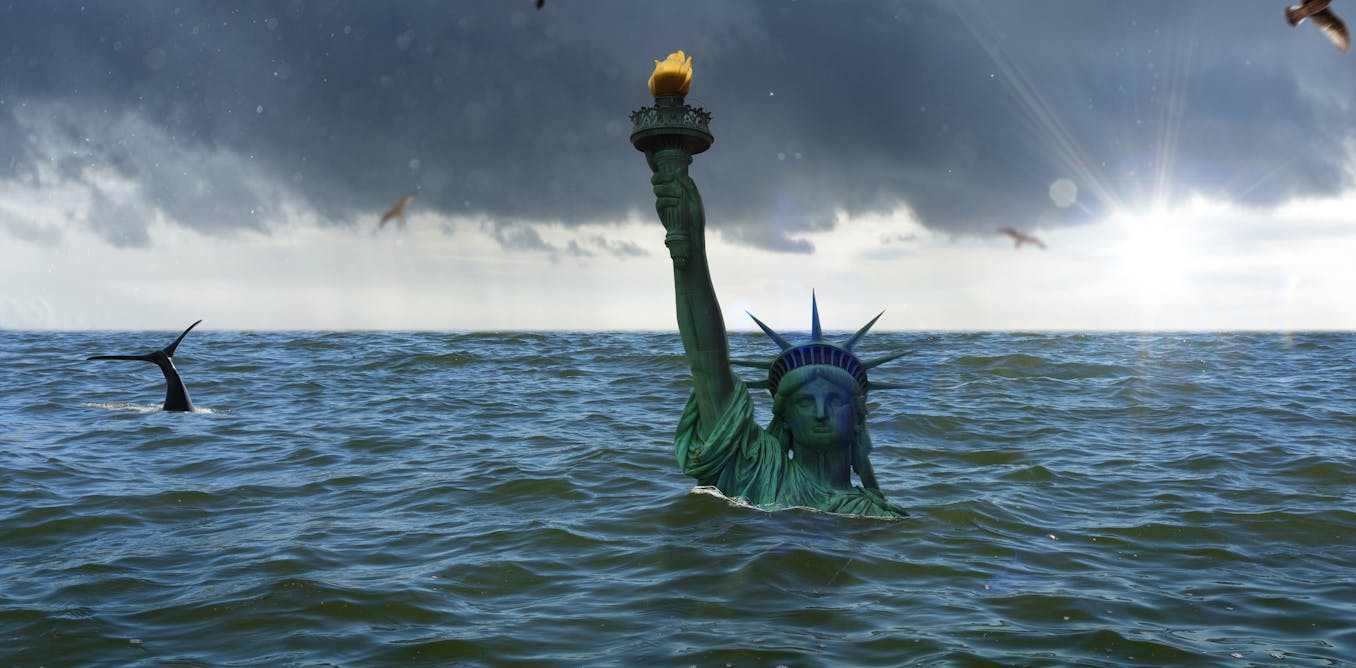Travelling to my ancestral home in China unearthed tragedy tinged by the climate crisis – it inspired me to write Red Pockets
In Chinese folk religious beliefs, neglected ancestors become hungry ghosts, unleashing misfortune and environmental destruction.
April 28, 2025 • ~5 min






